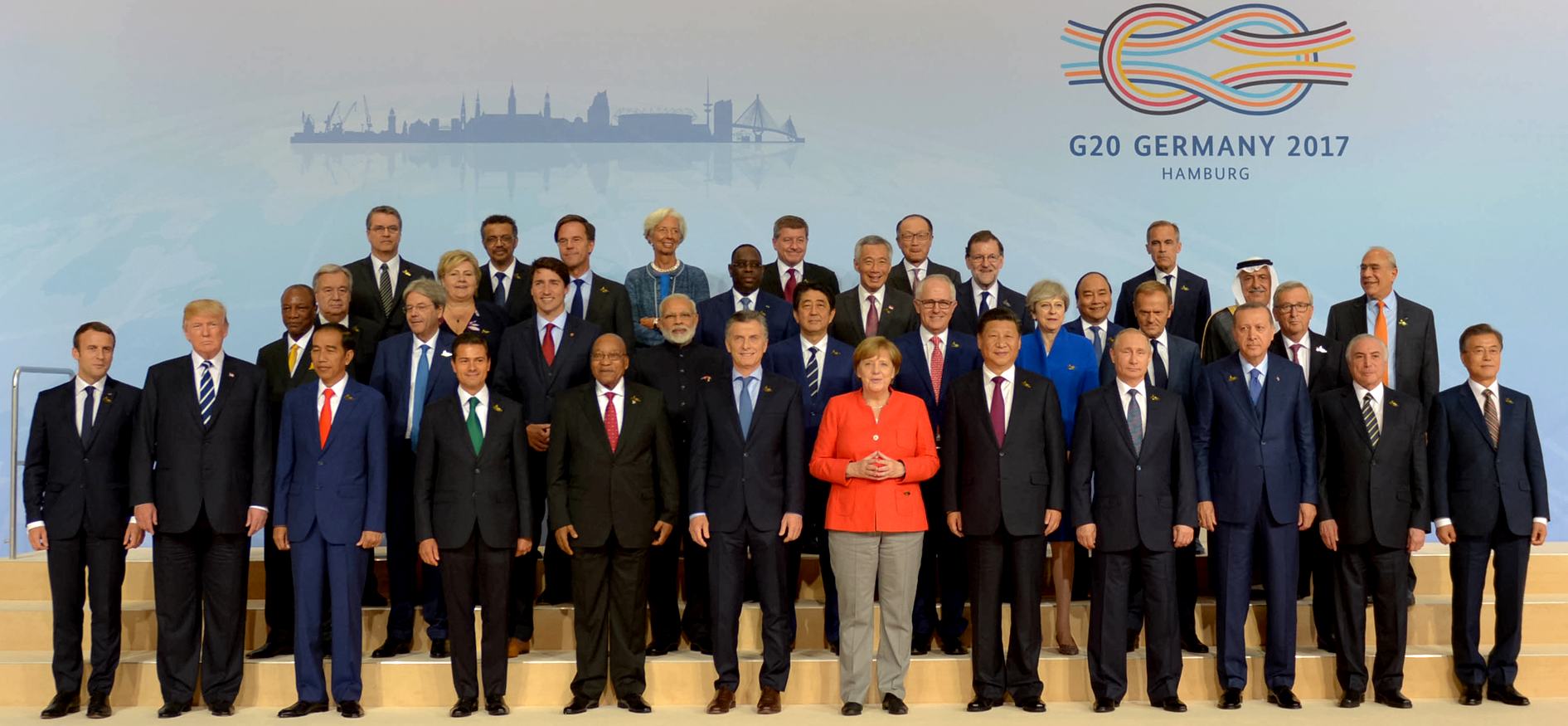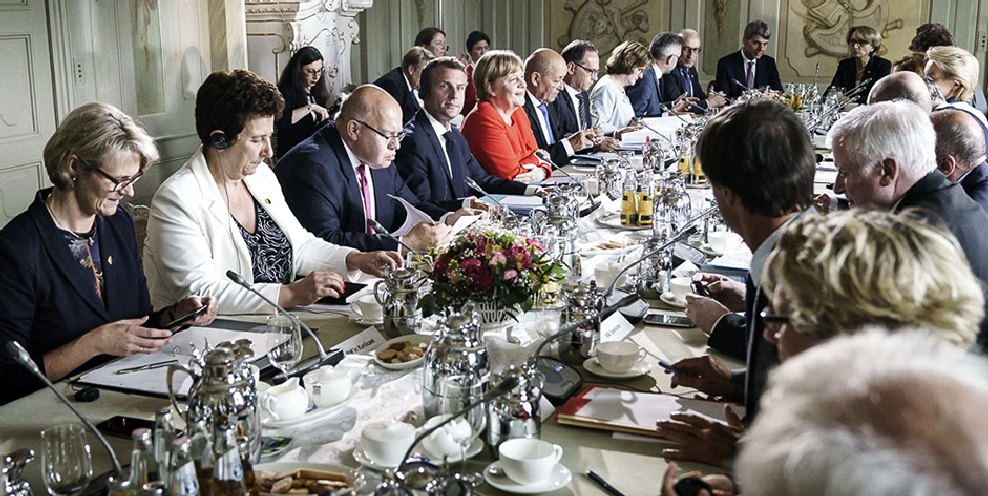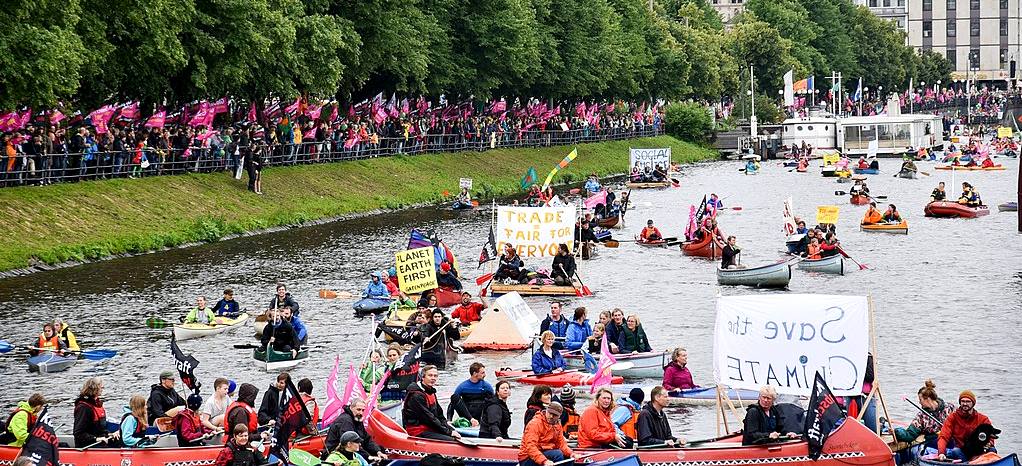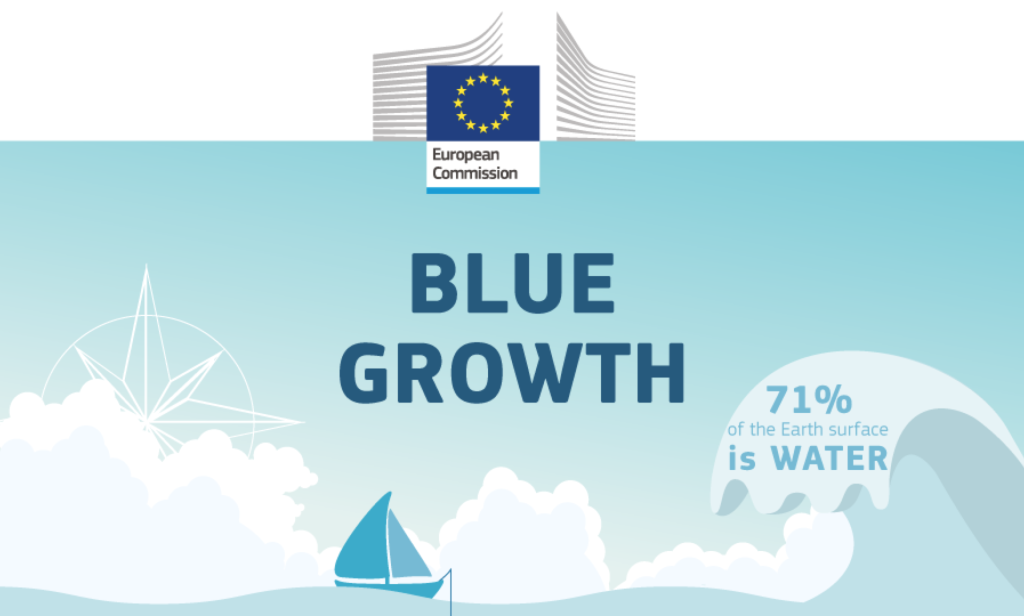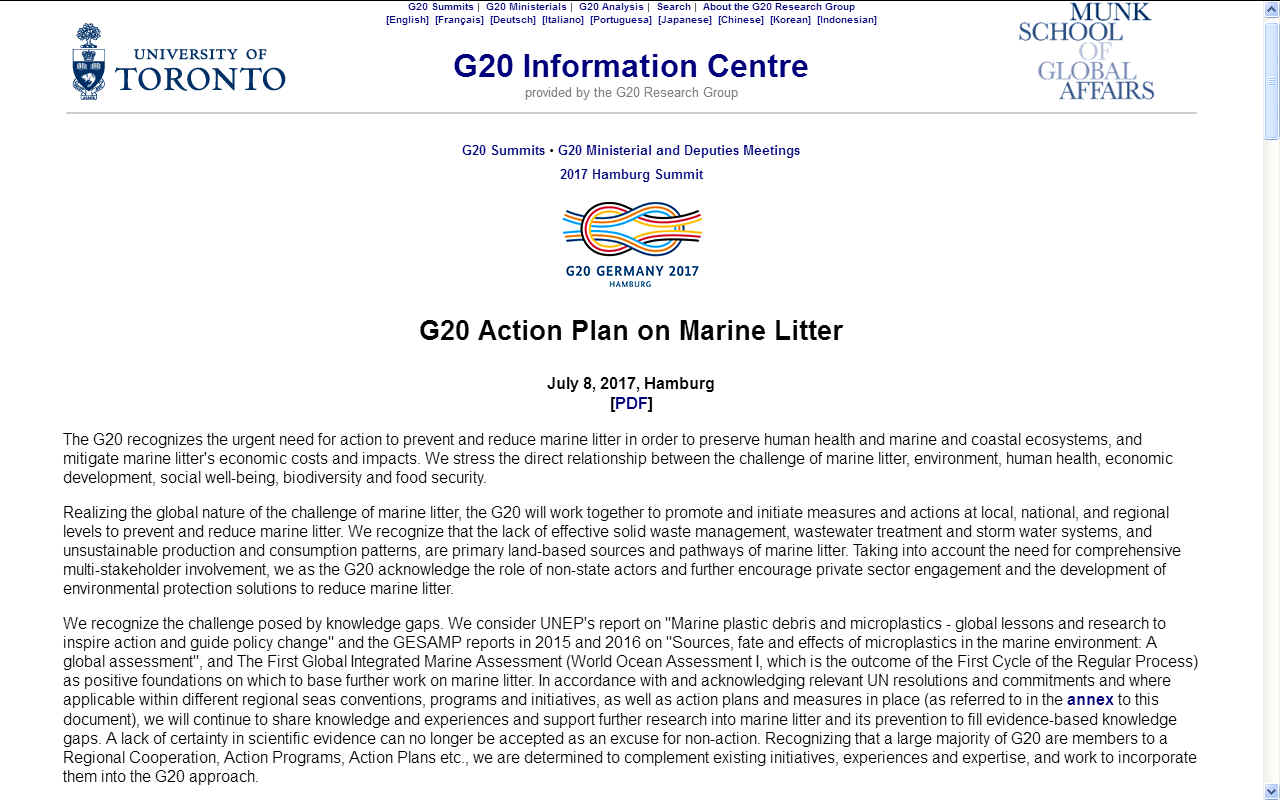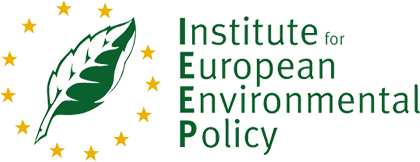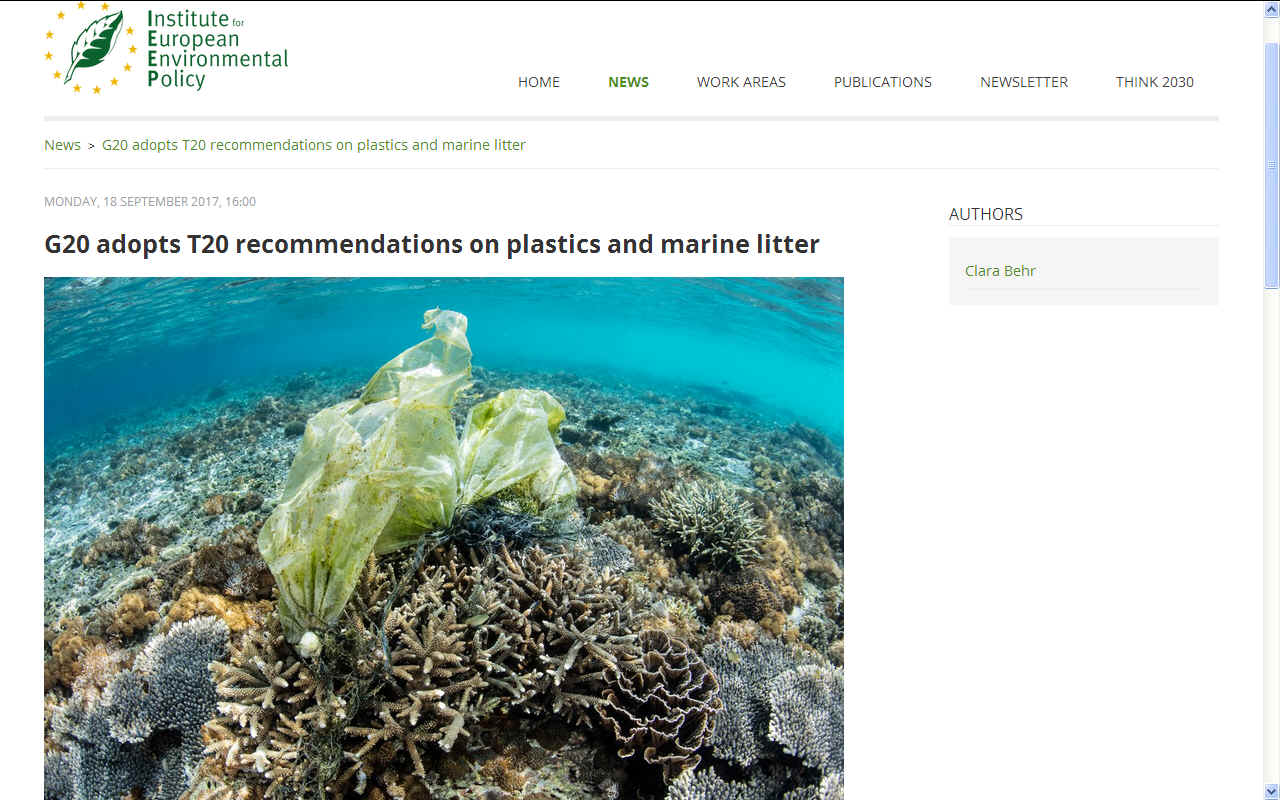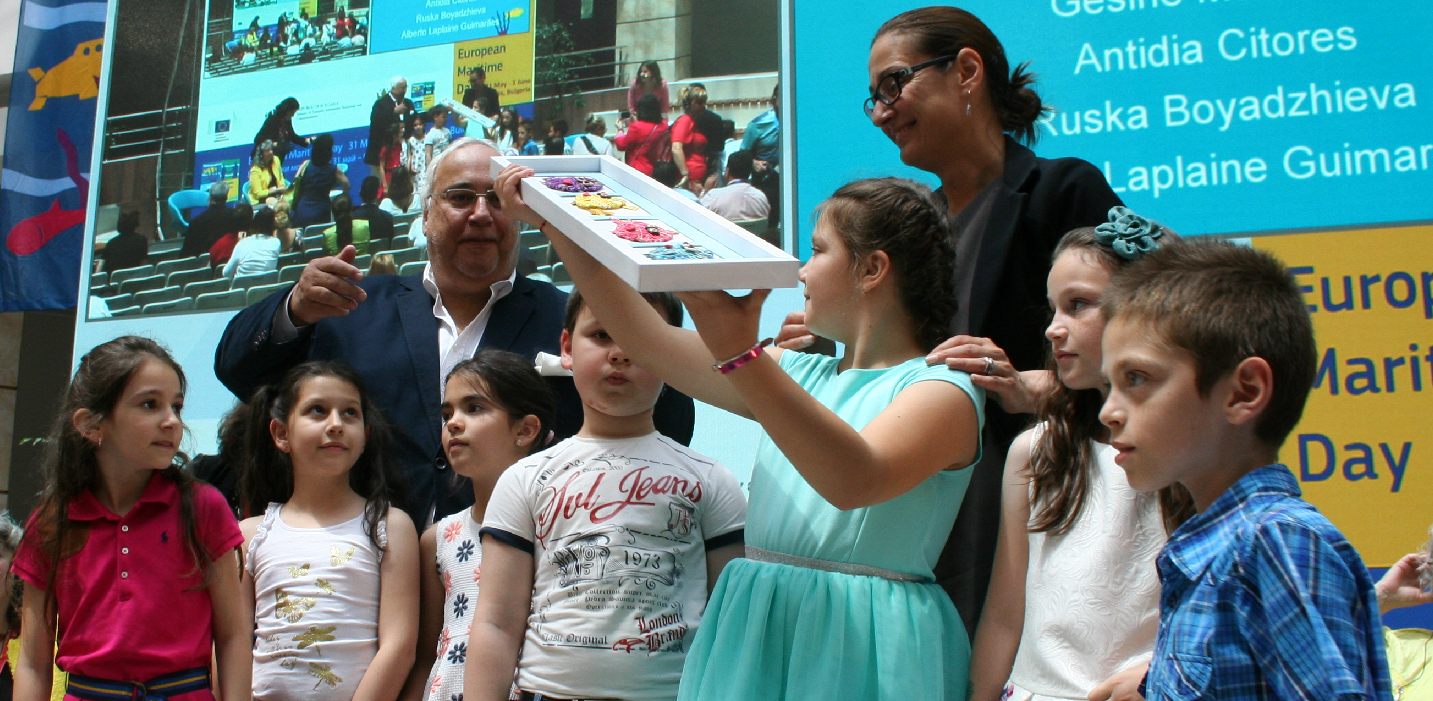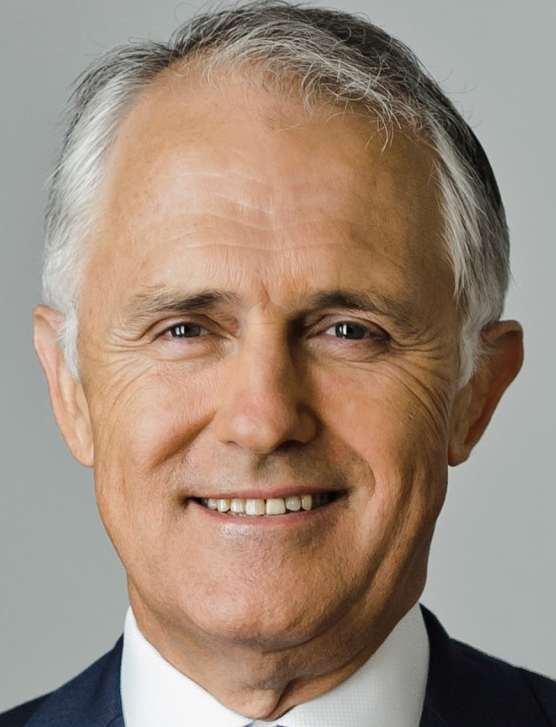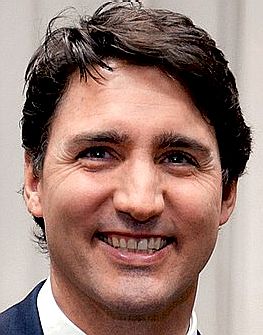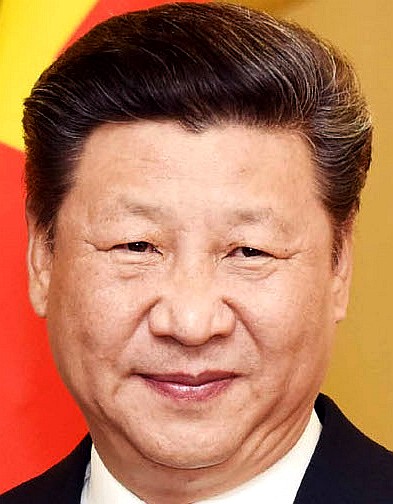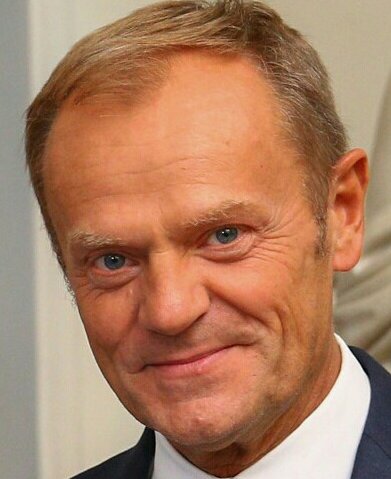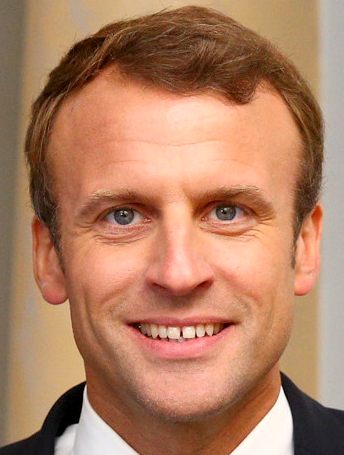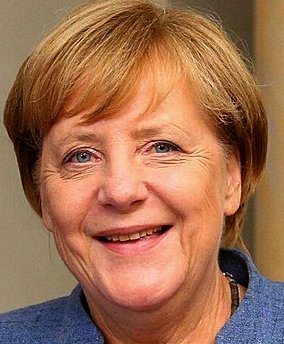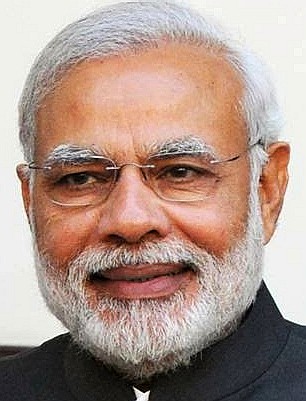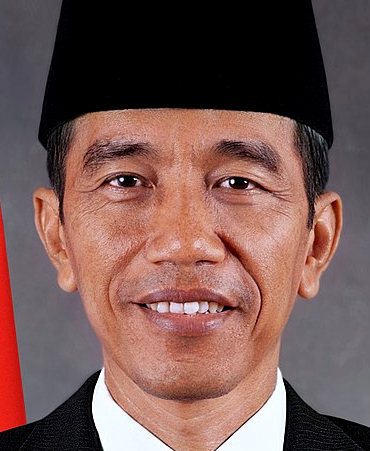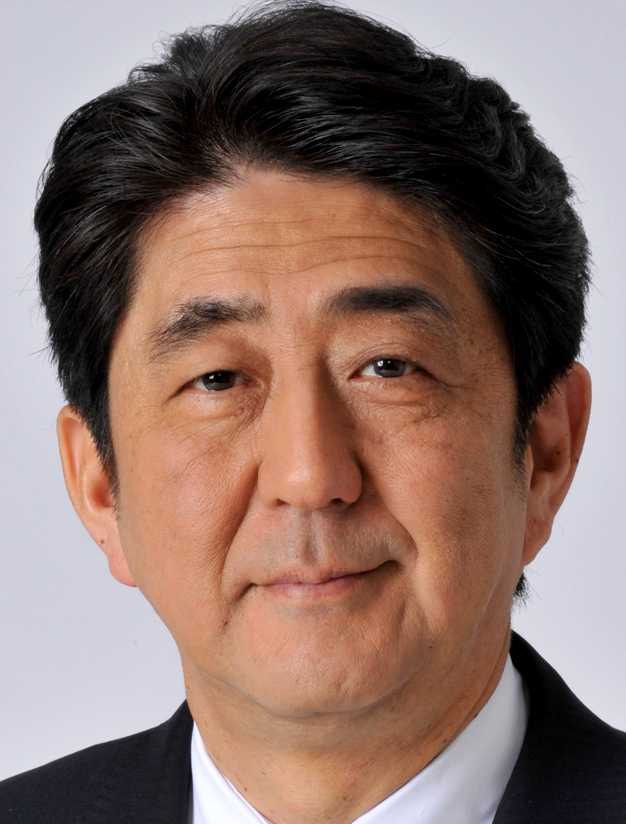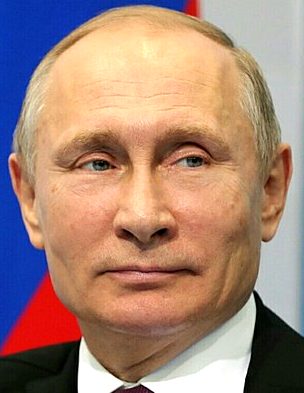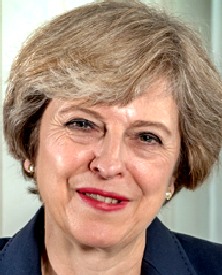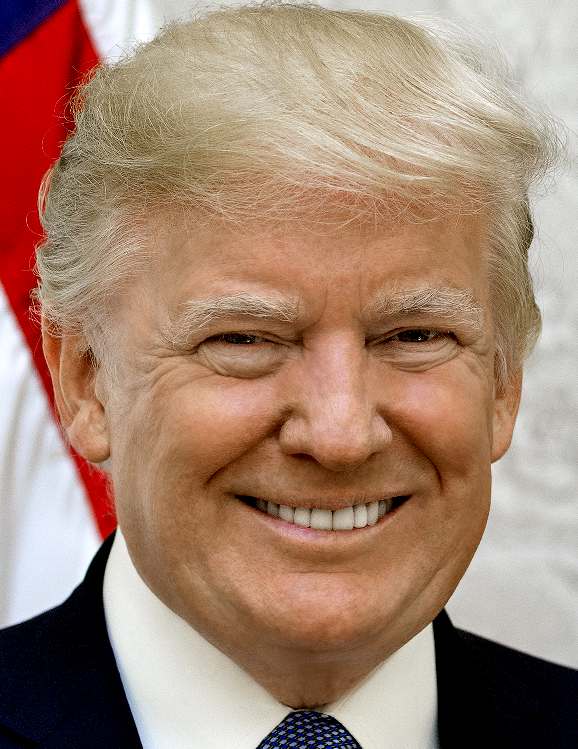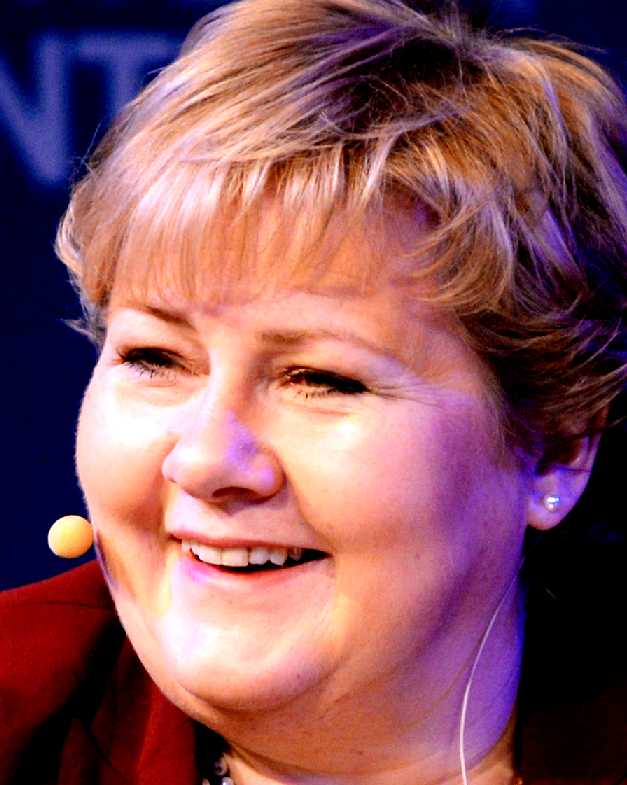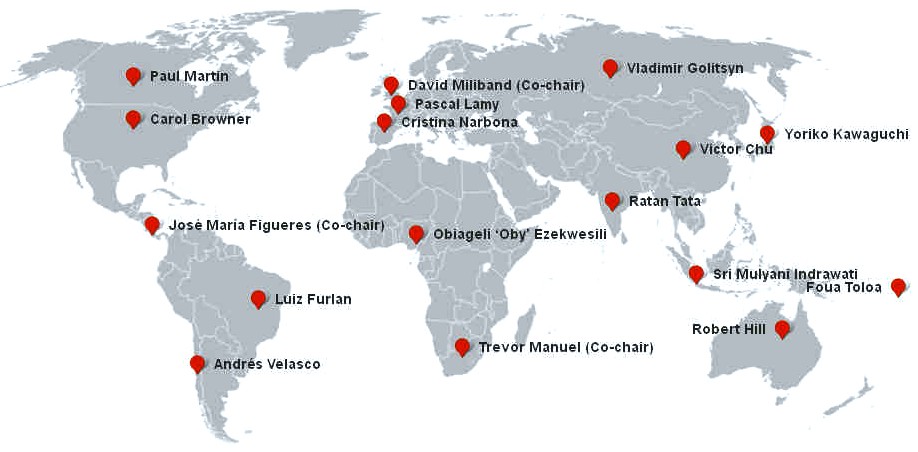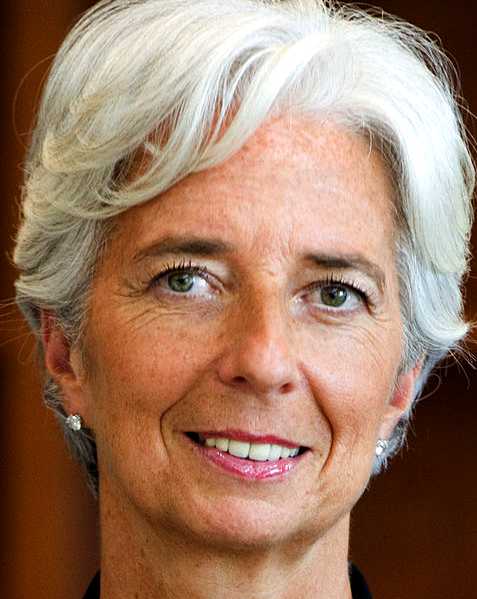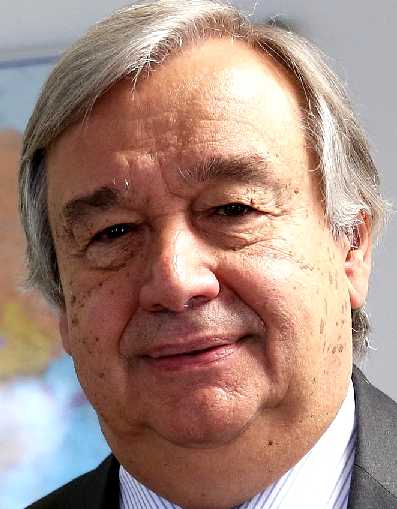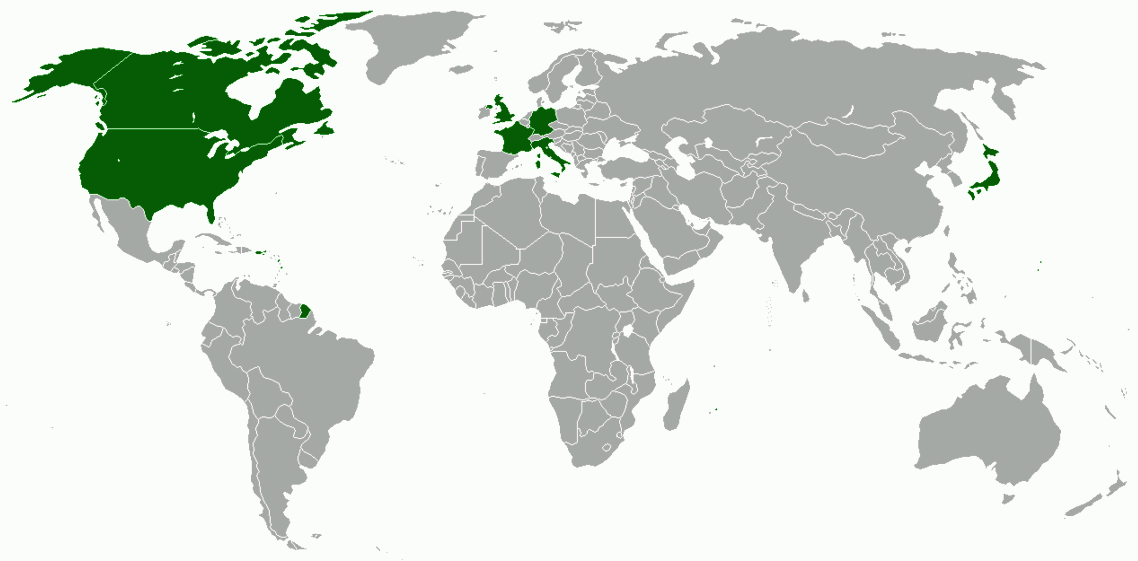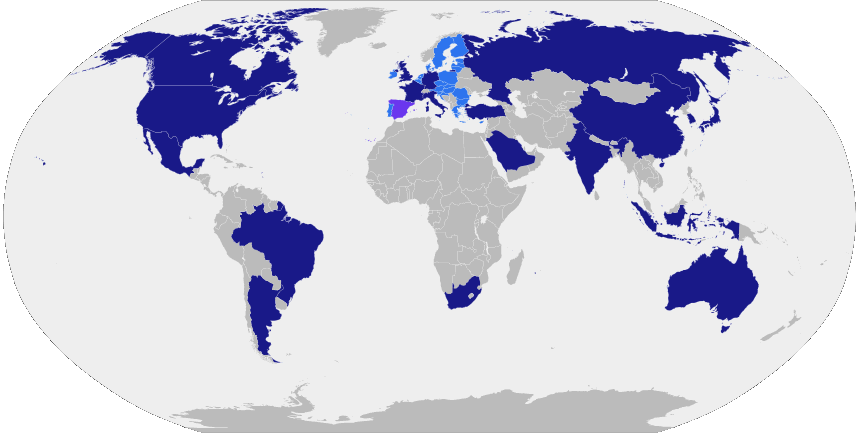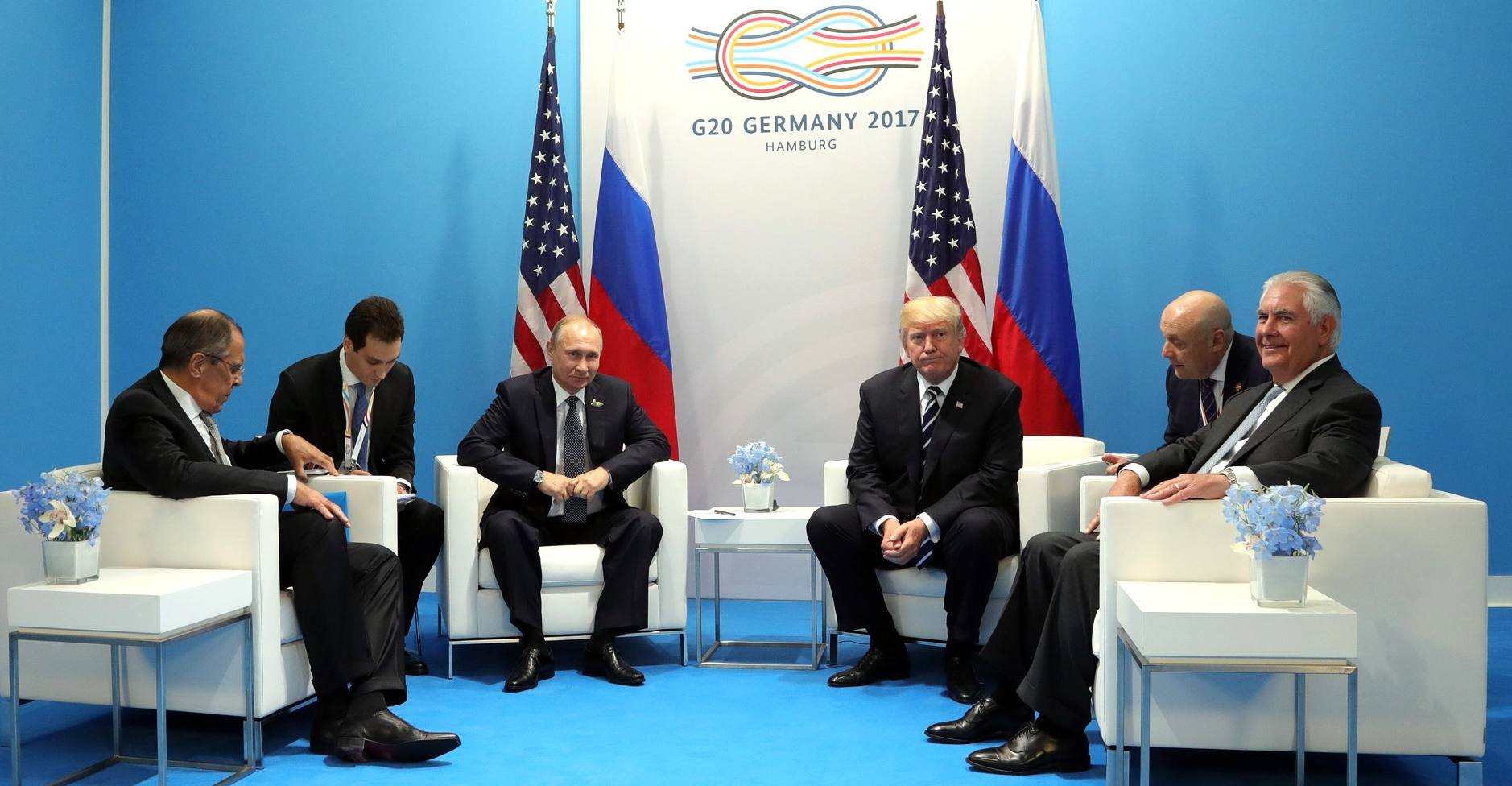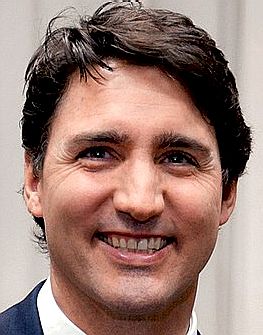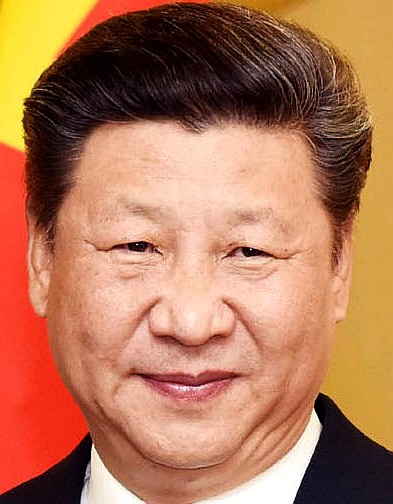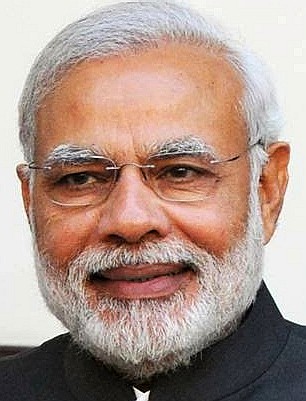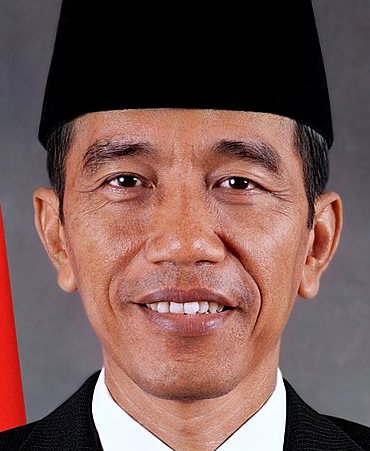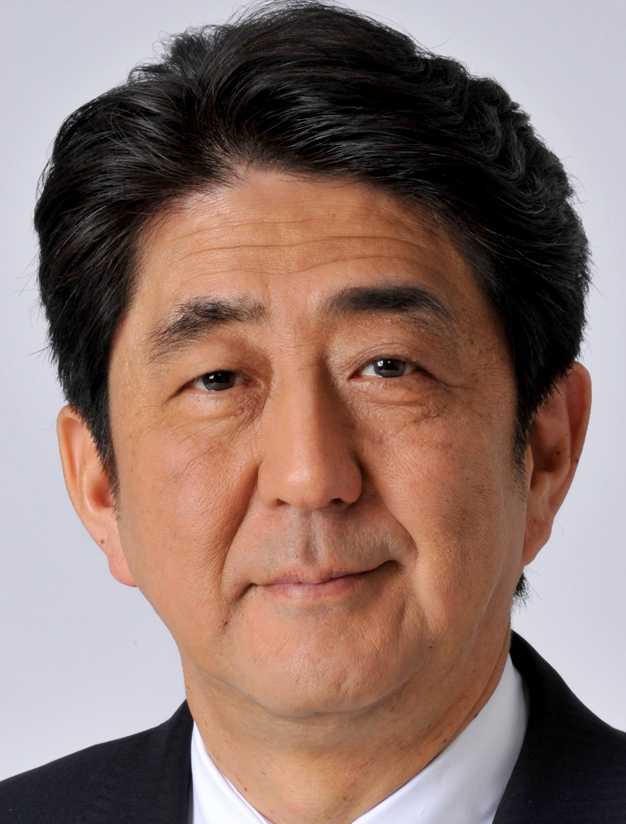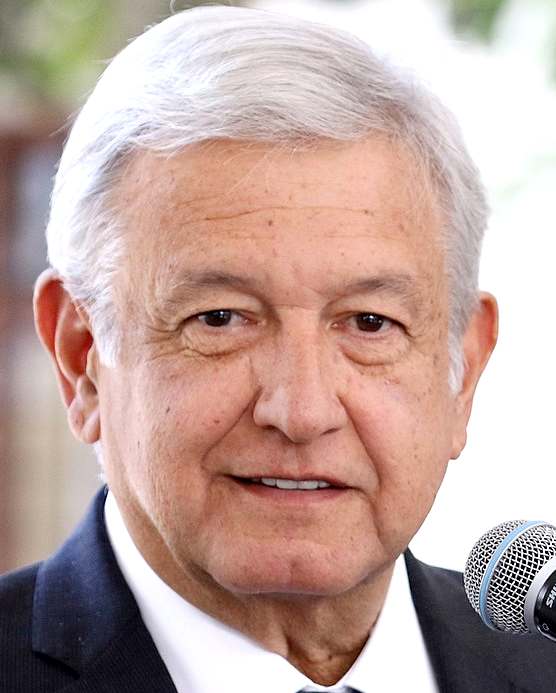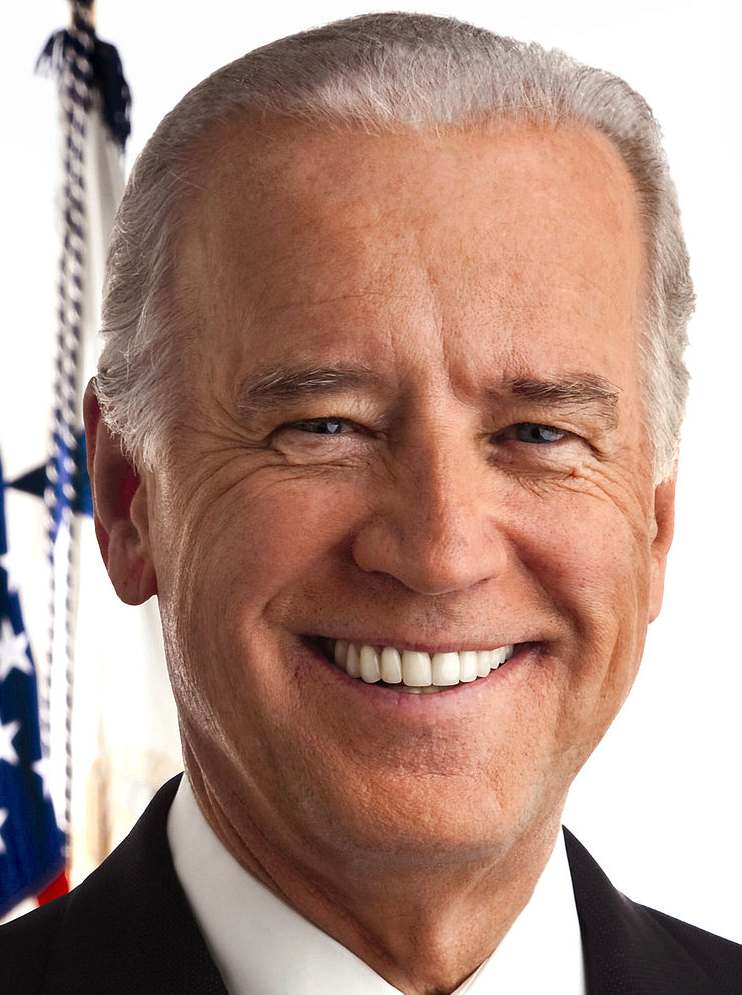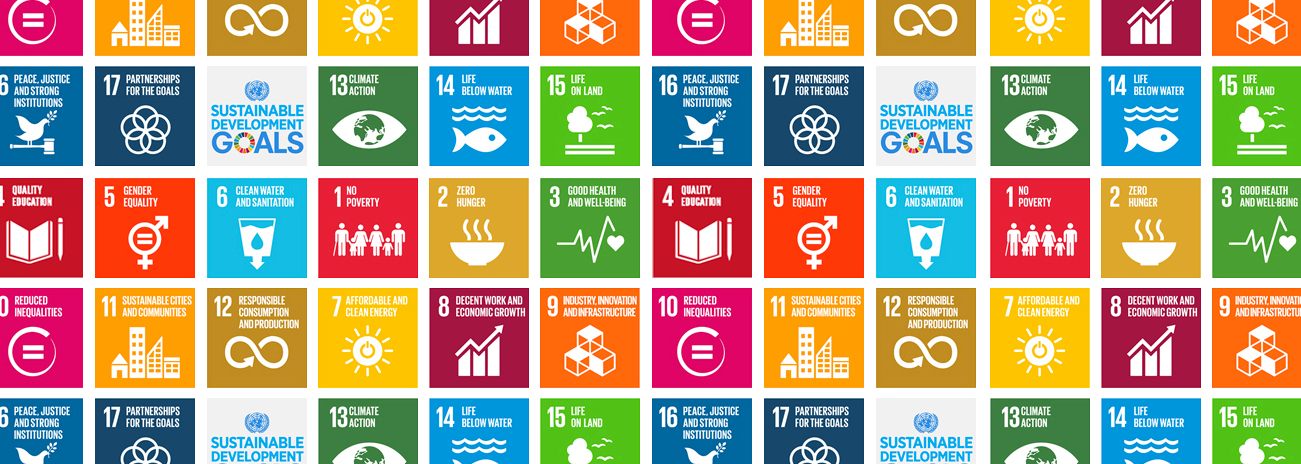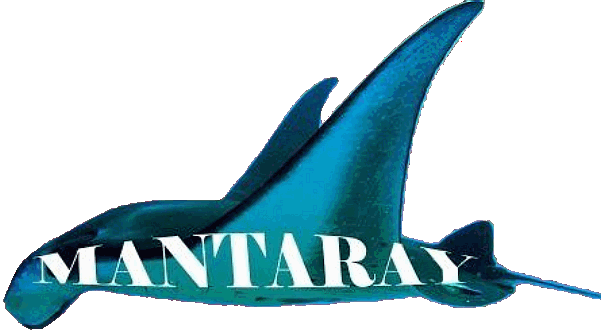|
G20 - SUSTAINABLE DEVELOPMENT SUMMIT 2017
|
||||||||||||||||||||||||||||||||||||||||||||||||||||||||||||||||||||||||||||||||||||||||||||||||||||||||||||||||||||||||||||||||||||||||||||||||||||||||||||||||||||||||||||||||||||||||||||||||||||||||||
|
GROUP PHOTO - The attendees of the July meeting in Hamburg, Germany.
G20
JULY 2017 HAMBURG SUMMIT
The G20 recognizes the urgent need for action to prevent and reduce marine litter in order to preserve human health and marine and coastal ecosystems, and mitigate marine litter's economic costs and impacts. We stress the direct relationship between the challenge of marine litter, environment, human health, economic development, social well-being, biodiversity and food security.
We recognize the challenge posed by knowledge gaps. We consider UNEP's report on "Marine plastic debris and microplastics - global lessons and research to inspire action and guide policy change" and the GESAMP reports in 2015 and 2016 on "Sources, fate and effects of microplastics in the marine environment: A global assessment", and The First Global Integrated Marine Assessment (World Ocean Assessment I, which is the outcome of the First Cycle of the Regular Process) as positive foundations on which to base further work on marine litter. In accordance with and acknowledging relevant UN resolutions and commitments and where applicable within different regional seas conventions, programs and initiatives, as well as action plans and measures in place (as referred to in the annex to this document), we will continue to share knowledge and experiences and support further research into marine litter and its prevention to fill evidence-based knowledge gaps. A lack of certainty in scientific evidence can no longer be accepted as an excuse for non-action. Recognizing that a large majority of G20 are members to a Regional Cooperation, Action Programs, Action Plans etc., we are determined to complement existing initiatives, experiences and expertise, and work to incorporate them into the G20 approach.
We, the G20, will take action to prevent and reduce marine litter of all kinds, including from single-use plastics and micro-plastics. We thus reiterate our commitment to preventing and substantially reducing marine litter and its impacts by 2025 in support of the 2030 Agenda for Sustainable Development and its Sustainable Development Goals and targets related to marine pollution, waste management, waste water treatment and sustainable consumption and production by putting into practice the following 'G20 Operational Framework' and the voluntary Global Network of the Committed (GNC).
G20 Operational Framework
- Issues to be addressed
PROTESTORS - Climate change and other environmental and social justice activists stages a series of protests at the inaction of the G20 in real terms.
Areas of prior concern and potential policy measures:
Identify policy measures on the basis of risk and impact assessments (including economic, social and environmental costs and benefits)
Facilitate communication and cooperation between impacting and impacted municipalities, countries and regions as well as with other stakeholders
Promote partnerships with stakeholders from economic sectors such as tourism, fisheries, the shipping and cruise sectors, waste, waste water and harbour management, as well as the plastics and consumer goods industries.
Develop highly qualified scientific and technical staff for monitoring and assessing marine litter and alleviating its impacts (e.g. treatment centres for injured animals such as turtles etc.)
2. Promote waste prevention and resource efficiency
Significantly reduce the use of micro-beads and single-use plastic bags and where appropriate phase them out
Implement source reducing measures, e.g. Sustainable Material Management (SMM), by paying attention to product innovation, product design and consumer behaviour (product use)
BLUE GROWTH - 71% of the Earth surface is water. It is a very high percentage and that is why the European Commission wants to further harness its potential (oceans, seas and coasts) in order to create jobs and value, always from a sustainable point of view. This is the « Blue Growth » concept we have been hearing about. To promote this development, the European Commission has created several funding lines available to all kind of European organizations so they can develop innovative projects through the Horizon 2020 funding scheme. What are the most important sectors to develop the European. Find out more on the European Commission infographic on « Blue Growth »:
http://ec.europa.eu/maritimeaffairs/policy/blue_growth/infographics/
3. Promote sustainable waste management
Promote access to regular waste collection services and facilitate investments in waste management infrastructure in order to prevent waste leakage into the sea
Where needed, integrate informal waste workers into modernized waste management systems in order to improve their working conditions and livelihoods
Support international cooperation among the G20 and with other partners, for capacity development and infrastructure investments for improved waste management systems in coastal, urban and rural areas
Establish adequate port reception facilities at ports and terminals in line with MARPOL requirements, in particular Annex V. Encourage port reception facilities to apply a reasonable cost or when applicable no-special-fee system for waste of sea-based sources
Promote regulatory frameworks on environmentally sound management of waste in order to facilitate its implementation at local levels
Secure cross-financing of waste management operational activities (e.g. through economic incentives, fees, charges, deposit funds or taxes)
Surmount barriers to financing waste management, e.g. by de-risking private waste management infrastructure investment in G20 Countries (cf. APEC model)
Promote available technologies to avoid large solid waste from entering into
rivers and oceans
Support research and coordination among countries and international organizations to identify and remediate through environmentally sound methods sources of marine waste, concentrated areas of marine litter (national, regional, local), taking into account, inter alia, litter loads and sensitivity of biodiversity and ecosystems and document defining characteristics (lack of infrastructure, geography, product use and impacts on marine biodiversity and human health)
Support research to assess marine litter impacts on ecosystems and
human health
Include scientific and technical aspects in measure-related considerations, inter alia by promoting and, where under way, continuing and supporting efforts with regard to harmonization of global marine litter monitoring, as well as by standardization of methods, data and evaluation
Promote activities to clean up marine litter in a planned and regular manner
Accept appropriate responsibilities and act as a focal point in existing networks and co-operations involving G20 members
Continue to involve stakeholders (in particular local authorities, civil society organization, Industry, Financial Institutions and Scientific Experts)
Stimulate and support Public Private Partnership (PPP) as relevant
Promote the engagement of the private sector in reducing marine litter and in developing integrated waste management and waste water treatment solutions
Promote the issue of marine litter in high level economic forums (e.g. World Economic Forum and Green Financing Forum)
Inform about G20-related activities in international forums, inter alia SDG 14 Conference (New York), Our Oceans Conference, (Malta), APEC, ASEAN, and possible G20-side events, 6th International Marine Debris Conference (San Diego)
Promote knowledge sharing, e.g. by expert exchange, thus strengthening institutional and human capacities
Harness existing business (B20) engagement to promote a dialogue on the contributions of industry to tackling marine litter
Communicate results, effects, achievements of measures, activities and projects that address marine litter
Promote cooperation between authorities responsible for freshwater and marine water
ANNEX
Basel Convention on the Control of Transboundary Movements of Hazardous Wastes and their Disposal
CBD (2012): Report – "Impacts of Marine Debris on Biodiversity: Current Status and Potential Solutions" (CBD Technical Series No. 67)
CBD DECISION XIII/10 (2016): Addressing impacts of marine debris and anthropogenic underwater noise on marine and coastal biodiversity
EU Marine Strategic Framework Directive (Directive 2008/56/EC of the European Parliament and of the Council of 17 June 2008 establishing a framework for community action in the field of marine environmental policy)
G7-Presidencies (chronological order):
Germany (2015): G7 Action Plan to Combat Marine Litter
Helsinki Convention (Regional Action Plan, 2015)
Honolulu Strategy (2011): Globally framing an Action Plan to prevent, reduce and manage marine litter
International Convention for the Prevention of Marine Pollution from Ships, 1973 (MARPOL 73/78) and its revised Annex V
International Coral Reef Initiative
Manila Declaration (2012): Global Programme of Action - Marine Litter becoming an >additional major component
OECD Guidelines on Extended Producer responsibility (update 2017)
OSPAR Convention (Regional Action Plan, 2014)
Rio + 20 Declaration (2013): "Significant reduction of marine litter until 2025."
ACTION PLAN - The Munk School of Global Affairs, part of the University of Toronto, recorded the G20.s action plan to combat marine litter.
G20 ADOPTS T20 PLAN ON MARINE PLASTICS
Globally, around 12.7 million tonnes of mismanaged plastic waste enter the ocean every year (Jambeck et al., 2015). This is equivalent to each citizen of the world dumping almost 2 kg of plastic in the ocean annually. Plastics and marine litter are one of the biggest environmental challenges of today. They are not only an eyesore, but represent major risks to human health and biodiversity, as well as to many sectors of the economy. So far global leadership and action on this issue has been lacking, but this is changing.
The issue
is rising on the global agenda as the G20 adopted two declarations – the G20
Marine Litter Action Plan and the G20
Resource Efficiency Dialogue. This was inspired in part by the T20
initiatives which brought together think tanks and research institutes
from across the world.
One of the central G20 recommendations is to improve waste management to reduce plastics pollution, especially for plastic waste leakage. Ineffective solid waste management, wastewater treatment and storm water systems are key sources of land-based marine litter. The recommendations aim to promote clean-up activities in a planned and consistent manner supporting removal and remediation actions, particularly in tourist areas and ports where plastic pollution can be pervasive. However, clean-up actions are not sufficient as they only address plastics on the ocean surface, but in the absence of sufficient upstream preventative measures, they are often essential downstream actions to clean up the environment and promote waste prevention by raising citizen awareness (Watkins et al 2015). The G20 Marine Litter Action Plan states the G20 will place effective measures to make producers responsible for their products. They will do this by facilitating a polluter pays approach, via extended producer responsibility (EPR). EPR systems promote takeback, reuse and recycling and can contribute to reducing marine litter. IEEP is conducting a study on “EPR in the EU Plastics Strategy and Circular Economy” which aims to encourage ambitious EPR for plastic waste and support the transition towards a circular economy in Europe.
G20 recommendations build on initiatives launched by vanguard countries across the world. Examples include a microbeads ban in the United States through the Microbead-Free Waters Act of 2015, policies on single-use plastics in France where single-use plastic bags are banned since 2016 and Ireland which introduced a plastic bag levy in 2002. Other European examples include a plastic bag and bottle deposit refund schemes in Germany which introduced a mandatory one-way deposit system in 2003 and Sweden where a deposit system has existed since 1984, but only for beers and soft drink containers. A number of countries are enacting partial or complete disposable plastic bags bans with the most recent being Kenya (https://en.wikipedia.org/wiki/Phase-out_of_lightweight_plastic_bags).
The momentum from the G20 recommendations is welcomed, but will not be enough to solve the problem in the upcoming years. This is why the G20 countries must set an example by taking bolder steps to transition to a circular economy that avoids waste and reduces marine litter at a much larger scale. Costs of failing to act are much higher than the costs of action, and the option to postpone action is gone.
Brussels office
London office
SEANET - OCEAN ACTION PLAN (NOT ON OR A PART OF G20 AGENDA) WOAA
While the G20 'Action Plan' tasks member nations to raise awareness of marine pollution, and to address waste management to alleviate marine litter, there is no definitive remedy to deal with plastic in the oceans, and those plastics, that despite the efforts of the parties to prevent from entering the sea, will inevitably find its way into the marine environment.
Whereas, in our opinion that the World needs an 'Ocean Action Plan' to tackle waste as it comes into the marine environment and as it dissipates to eventually end up as ocean gyres.
Such an Ocean Action Plan would coordinate the efforts of member nations that in turn will benefit each other as the oceans transport waste from one shoreline to the shores of a neighbor country.
It is the assertion of the WOAA that they need specific help to develop an international strategy for responsible heads of state, and that they need to allocate sufficient funds for an organization such as the WOAA to allow them to effectively make headway. As a first stage, the sums needed to kickstart a specific strategy is estimated to be in the region of $10 million dollars to develop a SeaVax prototype as an example of what is possible and by way of freeware to and for potential operators in any contributing country.
Follow on expenses, or pledges of ongoing support should be included to cover the cost of helping contributing nations to set up fleets of ocean cleaning machines - and run them in a network or pattern such as SeaNet, to stand a better chance of regenerating the oceans.
TIMESCALE
If (for example) world leaders could agree to contribute within 12 months from July 2018, it would take around three years from that Agreement to get things moving and produce a SeaVax prototype - assuming cooperation from all members of such an Alliance.
From a point in time where a SeaVax (type) prototype was deemed sufficiently proven to go into production, it would take five AmphiMax portable boatyards to produce 8 SeaVax units a year each (@ six week assembly time) that could launch 40 SeaVax ships collectively. If this formula were used as a guide, it would take 3 years to complete a proposed fleet of 120 SeaVax (type) vessels for the Indian Ocean, without clogging up that nation’s shipyards.
A similar plan would proceed in tandem for the Atlantic and Pacific oceans, meaning that within 3 years a global fleet of 360 ocean dustcarts could be operational.
It would then take an estimated five years to make an impact on fish stocks - as in stabilization - and within 10 years we might reasonably anticipate a percentage recovery of roughly 0.5% a year, meaning that it would take 96 years for our ocean fish stocks to recover to 1970 levels, by 2114. This assumes parallel action to tackle climate change and international bans on single use plastic, or better recycling rates on land.
REDUCING RECOVERY TIME
The only way to improve on the 2114 figure would be to operate more SeaVax vessels:
SeaVax x 720 = 48 years
SeaVax x 1440 = 24 years
This is on the assumption that filtration time does not reach total waste absorption, which is likely at some point even at 360 SeaVax vessels.
ECONOMICS
The blue economy is said to be valued at $24 trillion in total* (USD). According to the UN Food and Agriculture Organization (FAO), the world production of fish in 2005 consisted of 93.2 million tonnes captured by commercial fishing in wild fisheries. The number of individual fish caught in the wild has been estimated at up to 2.7 trillion per year.
Of this the net value = 93.2m x 6668* ($/ave/tonne) = $621,457,600,000.00
Divide this up by the area of our oceans (344.8m km2): $ 1,802,371,230 per million square kilometers. Hence:
It is as yet not possible to suggest a rate of ocean recovery with any accuracy, as insufficient data exists. But, if we were to aim for just 1/10th of one percent for ocean recovery per annum, this would give us a return of $621,457,600 million ($.6.2m) in dollar value in terms of fish recovery per year.
In ten years that equates to: $6,214,576,000 ($6.2b) and so on.
On top of that we add the value of the recovered plastic, and on top of that the fact that toxin levels should drop dramatically in terms of bio-accumulation, making fish safe to eat once more.
WHAT IS THE COST OF THE FLEET ?
A
SeaVax could in theory
pay for itself in five years based on a target cost for a production SeaVax
as being $6.56 million dollars and a return rate of $0.39 cents per kilogram
for recovered ocean plastic, where clean recycled plastic
can reach as much as $0.80 cents per kilogram on the open market, variable.
For all the oceans at the lowest suggested level of operations we would need around 360 SeaVax vessels (or equivalent) taking the bill to $2.361 billion for a $0.621 billion annual return - hence: 3.8 years until it would be possible to achieve a break even point.
Cleaner Ocean Foundation offers that this would be a small price to pay for tending to an issue that a few years ago the Global Ocean Commission could offer no potential solutions for. This is the vision for a better aquatic world. The Cleaner Ocean Foundation invite you to share that vision in joining the proposed World Ocean Anti-plastic Alliance.
*Estimated
PASS THE PARCEL - The children of Burgas are the future generation who will inherit our polluted oceans if we do not do something more positive soon.
The following table is suggestive of an appropriate contribution towards ocean cleaning research and anti-plastic cooperation (or a plastic understanding) between the heads of state and economic advisers in connection with ensuring the future of the blue economy, with an especial slant toward future food security. This will pay for an Ocean Action Plan called SeaNet.
G20 MEDIA CONTACTS
EUROPEAN COMMISSION
GUESTS NATIONS 2017
GLOBAL OCEAN COMMISSIONERS Vs G7 WORLD MAP - As you can see from the world map above, compared to the world map below (in green), the G7 does not cover world interests geographically but is a group that uses its influence to control Russia's more aggressive tendencies. The non-inclusion of China is a disadvantage, where the divide is largely fiscal. Another glaring omission is that the G7 provides no postal address on their website, other than for media enquiries.
INTERNATIONAL ORGANIZATIONS 2018
G7
MEMBERS - Canada - Prime Minister Stephen Harper,
France - President François Hollande,
Germany (2015 Chair) Chancellor Angela Merkel,
Italy - Prime Minister Matteo Renzi,
Japan - Prime Minister Shinzō Abe,
United Kingdom - Prime Minister David Cameron, United States - President Barack Obama,
European Union - Council President Donald Tusk & Commission President Jean-Claude Juncker.
G20 MEMBERS - The world map above is more representative of the world geographically, much the same as with the Global Ocean Commission, save for a lack of membership for the huge land mass that is North and Central Africa. Thank heavens that at least South Africa is included.
ACID OCEANS - ARCTIC - ATLANTIC - BALTIC - BERING - CARIBBEAN - CORAL - EAST CHINA - ENGLISH CH GULF MEXICO - GOC - INDIAN - MEDITERRANEAN - NORTH SEA - PACIFIC - PERSIAN GULF - SEA JAPAN - STH CHINA PLANKTON - PLASTIC - PLASTIC OCEANS - UNCLOS - UNEP - WWF
THE G20 @ COP 26, GLASGOW, NOVEMBER 2021
LINKS & REFERENCE
http://www.oceanactionhub.org/about-ocean-action-hub https://ieep.eu/news/g20-adopts-t20-recommendations-on-plastics-and-marine-litter https://en.wikipedia.org/wiki/2017_G20_Hamburg_summit http://macpartners.eu/en-anglais-european-commission-and-blue-growth/ http://www.g20.utoronto.ca/2017/2017-g20-marine-litter.html
G20 LINKS
|
||||||||||||||||||||||||||||||||||||||||||||||||||||||||||||||||||||||||||||||||||||||||||||||||||||||||||||||||||||||||||||||||||||||||||||||||||||||||||||||||||||||||||||||||||||||||||||||||||||||||||
|
This website is Copyright © 2021 Bluebird Marine Systems Ltd. The names Bluebird™, Bluefish™, Miss Ocean™, SeaNet™, SeaVax™ and the blue bird and fish in flight logos are trademarks. CONTACTS The color blue is a protected feature of the trademarks.
|

